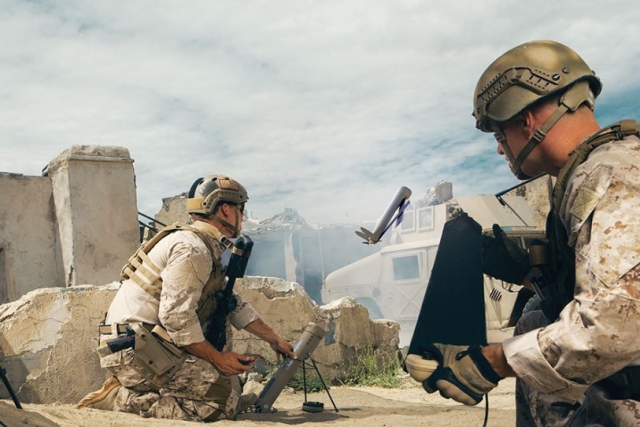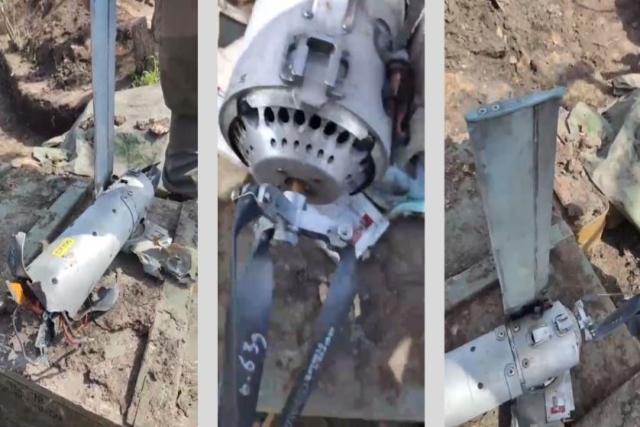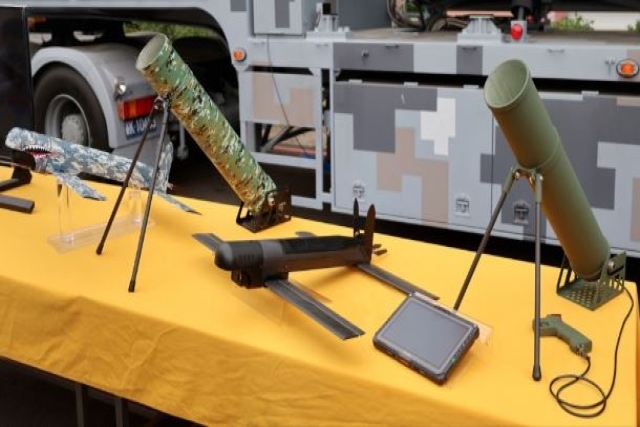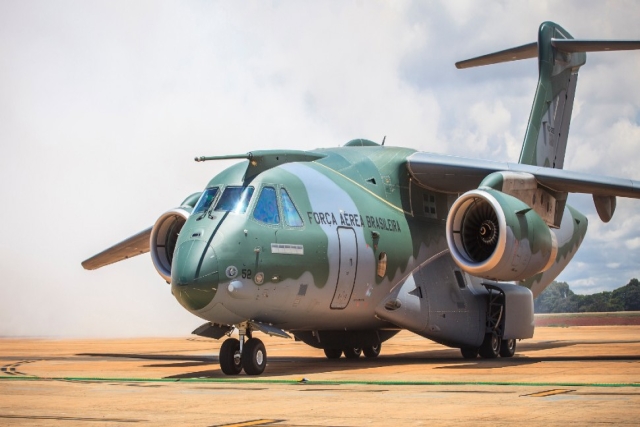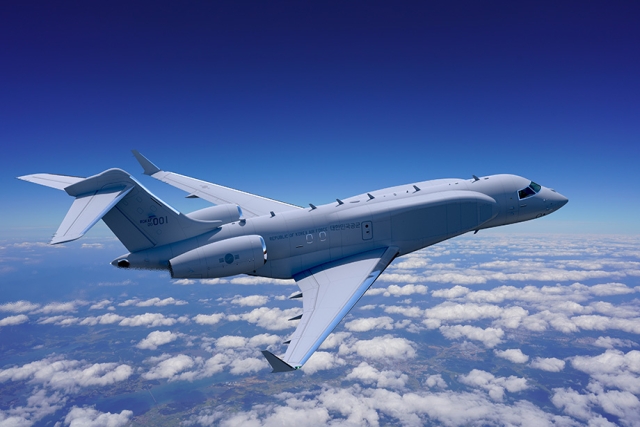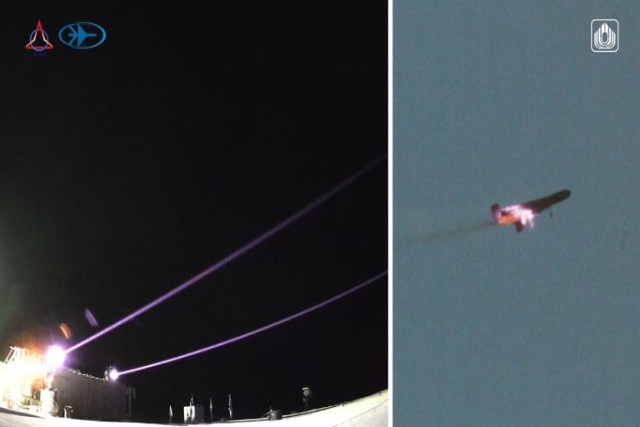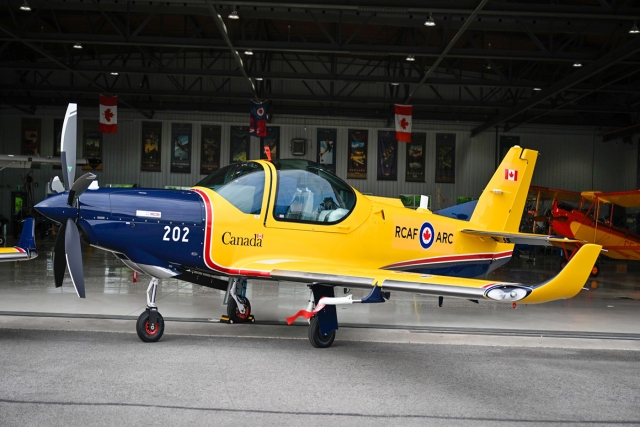Russia's Own 'Switchblade' Drone, BAS-80 Loitering Munition Undergoing Tests
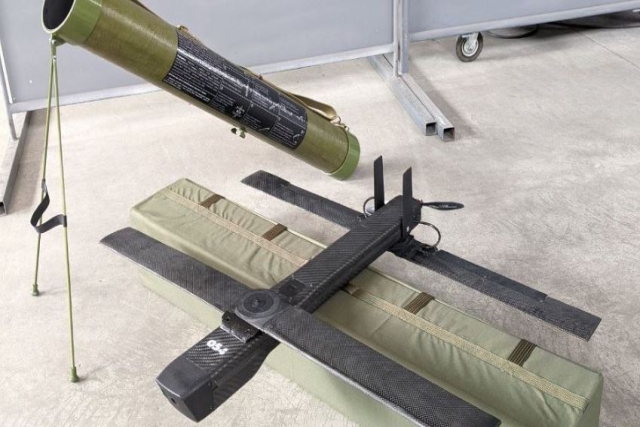
Russian engineers are currently in the process of developing the BAS-80 loitering munition, which appears to draw inspiration from the American Switchblade drone.
Evgeniy Dudorov, the general director of SPA "Android Technics," has publicly released both video footage and images showcasing this Russian drone.
According to Dudorov, a select number of these "kamikaze drones" have already been deployed to Russian invasion forces for rigorous field testing within the territory of Ukraine. The video material reveals the use of a transport and firing mechanism featuring a blowout system to launch the drone, utilizing a powder charge for this purpose.
Weighing 1.7 kilograms, the drone's construction relies on the incorporation of composite materials and fiberglass. It is housed in a launch container until the moment of launch, allowing for transportation by infantry personnel. The BAS-80 boasts a payload capacity of 500 grams, with the possibility of extending it to 2 kilograms.
The drone features an electric motor located in its aft section, powered by an onboard battery. It is capable of covering distances of up to 30 kilometers, achieving a maximum speed of 130 km/h, and maintaining altitudes of up to 200 meters.
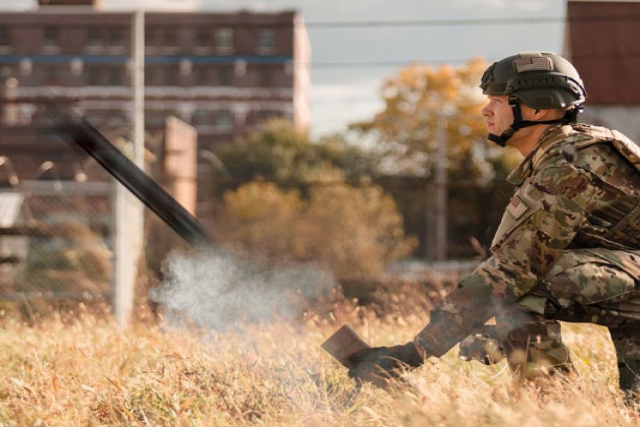
Accompanying the revelations is a detailed photograph of the drone within its launch container, providing a close-up view of its optical system, which appears to include three lenses, likely designated for both color and infrared imaging purposes.
BAS-80’s manufacturer-stated specifications appear to exceed those of its American counterpart. For context, a similarly sized Switchblade 300 variant is limited to a 10-kilometer range and a warhead weighing around 250 grams.
Although not explicitly mentioned by the developers, it is presumed that the drone is equipped with a GPS satellite navigation system. However, critical details regarding the drone's software, a vital component for such drones, remain undisclosed.
An essential aspect of this new weapon system is its software, which remains undisclosed but is of paramount importance for the effective operation of drones in this category. During the final phase of flight, particularly during descent, both the Switchblade and comparable drones lose contact with the operator due to natural obstacles. Consequently, these drones enter autonomous mode, employing automatic targeting. The absence of such a system would severely compromise the drone's effectiveness.

